From World War movies to Tudor-related television shows to modern-day stories that feature time travel, there doesn’t seem to be a dead-end for the historical and period genre. Many historical events or past eras continue to be re-enacted and many explore different sides to events and figures like the French Revolution, Anne Boleyn and King Arthur. Why? Is it because of nostalgia? Interest in fashion and manners back in the day? Is there a historian in every one of us? Or are we interested in seeing different interpretations of the same object?
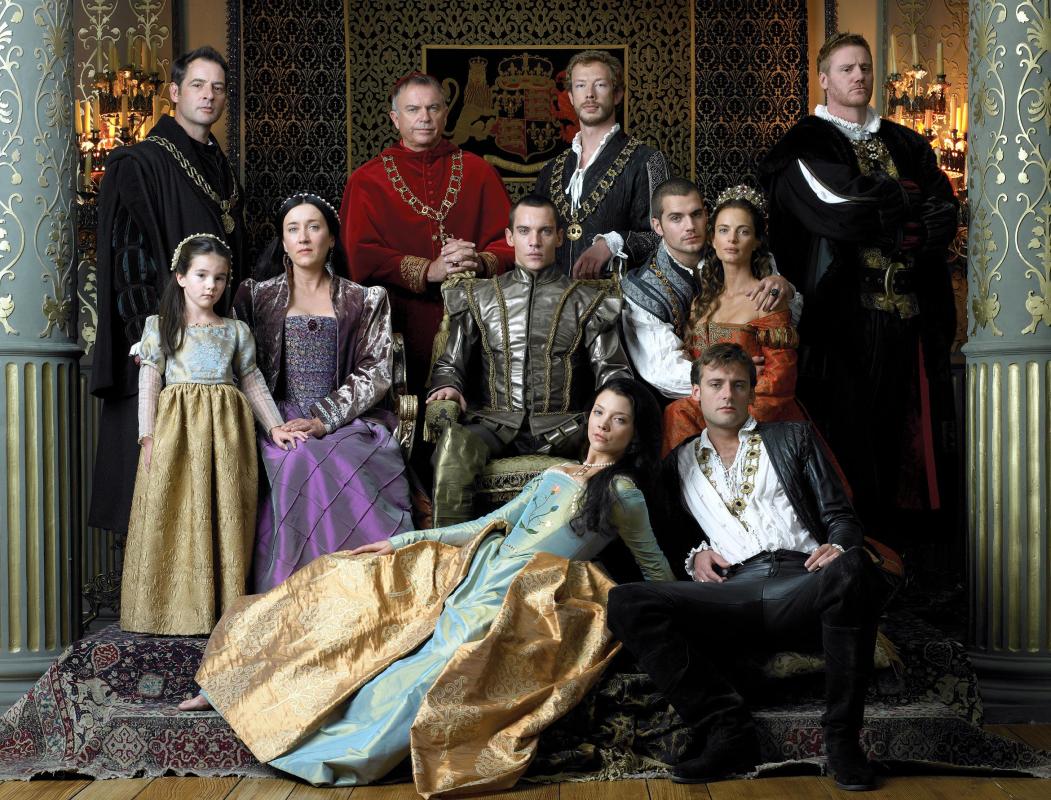
Historical fiction draws us in for many different reasons. We watch it to escape to another time and place, we watch it to commemorate an important figure or event, and we watch it to learn something, to find a story – a true story that is relatable to modern situations.
Not only do we reference the past but we also have an attachment to objects that mentally transport us to the past – and this probably plays a part in our interest in the genre. People respond defensively to heritage sites being ruined or removed (hence most sites are protected by laws) and they don’t want history to be lost because it’s part of their culture.
The past doesn’t stay dead; it changes with new discoveries. Note that the well-known side of a story is usually written by the winners and history is often “whitewashed”.
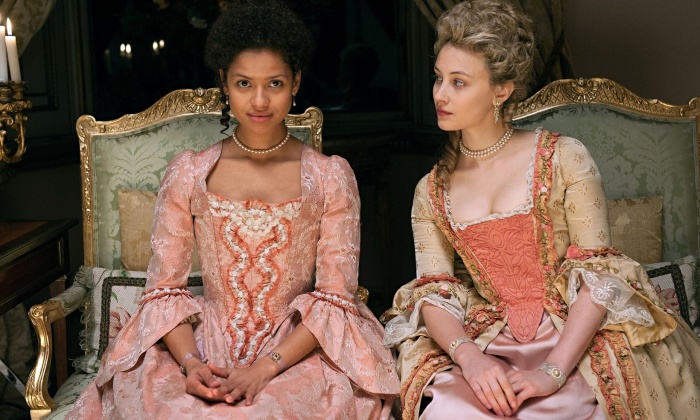
Belle is an example of recent films catching up with unknown or revolutionary stories. The film tells the story of mixed-race woman Dido Elizabeth Belle, whose position is almost equal to that of white aristocrats. Belle also explores different races co-existing in the same space as opposed to the typical period films and TV shows that mainly centre on white Europeans. Andrea Stuart explains that black people have existed in Europe “from Roman times to the Tudor court, from the Gregorian era to the present day” and are “airbrushed” from history. Therefore discoveries change our perspective and regenerates interest, and filmmakers and screenwriters bring them to life.
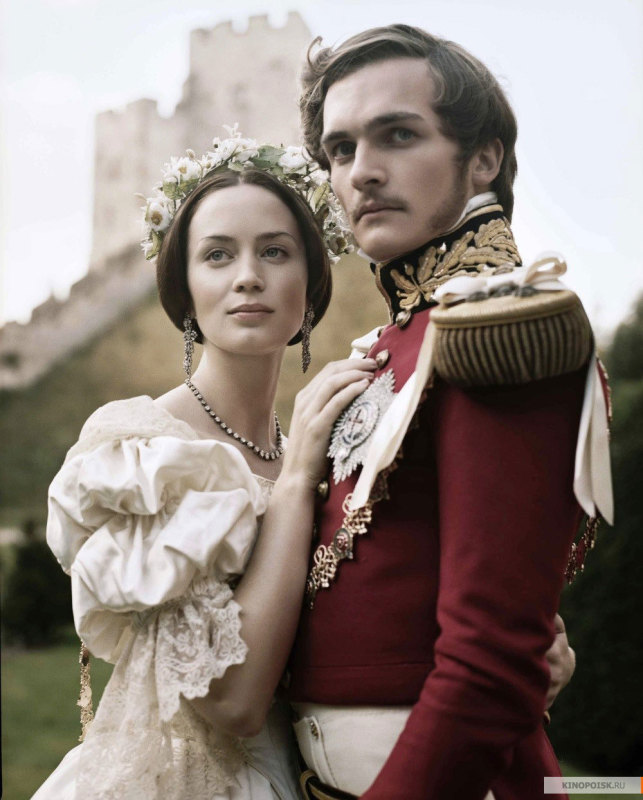
Historical/period works tend to have fictional elements for entertainment purposes but that doesn’t get in the audiences’ way as long as significant milestones are intact. Besides entertainment reasons, fictionalising exists because history itself has gaps which allows us to imagine to find coherence and see the whole picture. Historical films and shows encourage audiences to do further research but are also powerful enough to mislead people, confusing them with the facts. Perhaps research isn’t for everyone. Some people just want to enjoy the stories and leave it at that.
Yet in-depth research is required for historical and period works so they can be believable and given context, in essence giving the sense of time and space. The stress on detail (especially on setting, props and costumes) is important to visually attract people. Another reason is representation which has the potential to cause controversy depending on perspective. Works centring on traumatic events such as the Holocaust would need careful treatment.
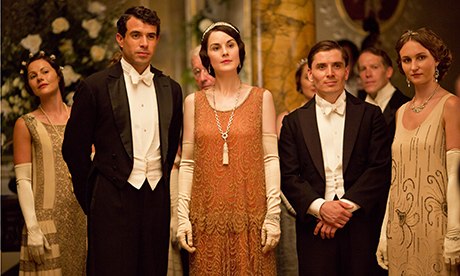
Along the lines of fictionalisation, anachronisms are intentionally added, twisting the past with the present. A Knight’s Tale is an example of this where “We Will Rock You” is familiar with the characters and ‘70s hairstyles are present despite the film’s medieval setting.
There have been films and shows that have taken fairy-tales into more a realistic but still-in-the-past setting, for example, Ever After, which is set in 15th century France with real-life figures. The Cinderella Story is based on the main character’s life, so no talking animals or magic pumpkins. More fairy-tales are following darker routes but are still stuck in a past-era setting.
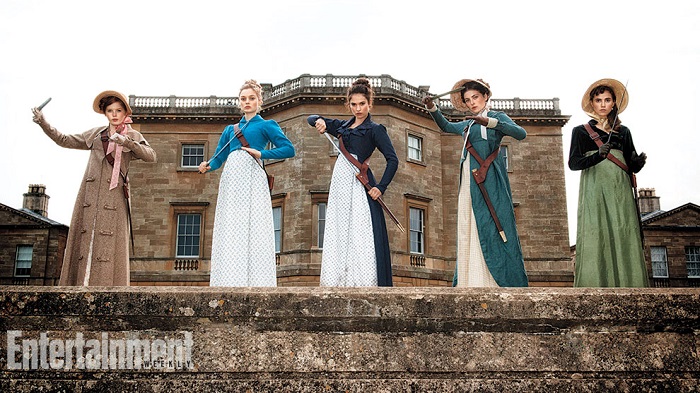
Historical/period films and shows aren’t immune to fantasy. The supernatural is added in some works, playing up on the myths surrounding figures, for example The Mummy and Merlin. While classics are being remade, we also have ones with a very modern twist.
After fantasy adaptation Lost in Austen, in which a present-day girl switches places with Elizabeth Bennett, it seems we still can’t get enough of Jane Austen now that another version of Pride and Prejudice is expected – with zombies. The idea of it is already laughable and maybe that’s the point. Like A Knight’s Tale, Pride and Prejudice and Zombies provides a comedic move away from the usually serious historical period works. By the looks of it, the story has upgraded to align with the present in terms of female representation.
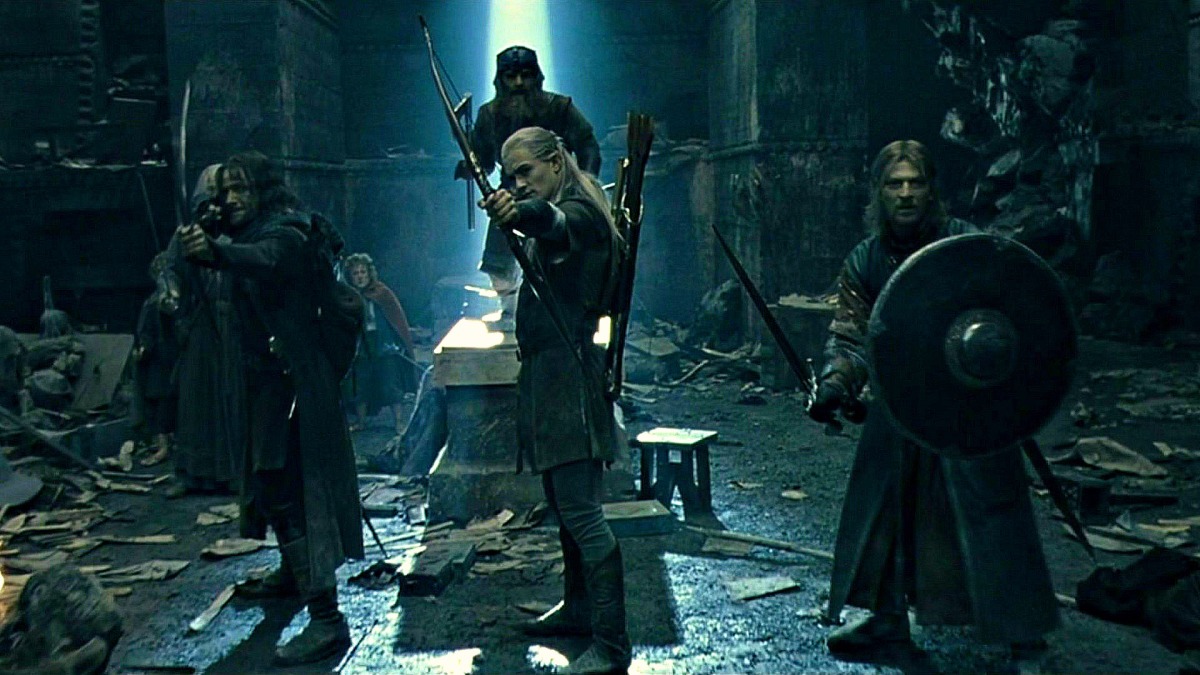
Though epic masterpieces like The Lord of the Rings and Game of Thrones are set in fictional worlds or alternate ones, they have common traits of the Middle Ages including setting, fashion, language and customs. They resonate with us as they are usually based on histories and imagination helps to teach people about the past, linking back to fictionalisation. Benjamin Breen explains the popularity and relevance of Game of Thrones: “fantasy worlds are never just fantasy. They appeal to us because they refract our own histories and speak to contemporary interests.”
There are many directions historical and period works have taken, maintaining and strengthening our interest. With a never-ending list of films and shows, possible unearthing of new facts and our constant hunger for depictions of the past, we will discover less known stories, more interpretations of well-known ones, and experience more adventures and lessons.







